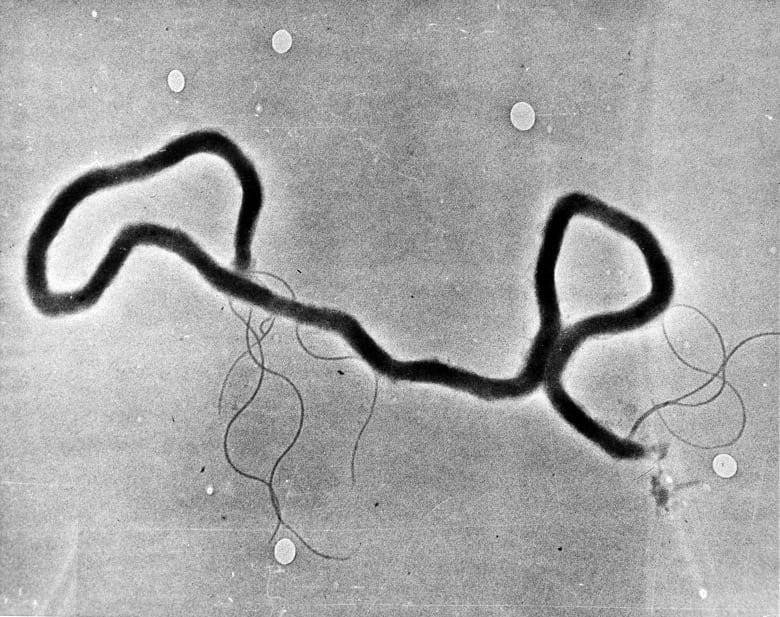
Health experts say that syphilis symptoms are often hard to spot
In B.C., the number of young people with syphilis has nearly doubled in the last five years. Health experts say it’s important for young people to get tested because this sexually transmitted infection (STI) often doesn’t have any symptoms.
According to the BCCDC, the number of cases among young people ages 20 to 24 has nearly doubled since 2018. In 2018, there were 96 cases, but there will be 181 cases in 2022.
The number of cases among people ages 15 to 19 went from 14 to 30, with a peak of 35 cases in 2021.
Dr. Jason Wong, a public health doctor at the B.C. Centre for Disease Control (BCCDC), said, “Getting diagnosed and knowing that you need to go get care is really important.”
Experts say the increase is due to a number of things, including fewer people using condoms and a rise in infectious syphilis in the general population. From 2021 to 2022, there will be a 27% rise in syphilis cases in the general population, according to the BCCDC.
They also say that people might not know they have syphilis because the symptoms are not always obvious.
Even though young people make up a small portion of the population with syphilis, experts say that without proper knowledge and prevention, the STI can continue to spread between partners and cause serious health problems, such as infertility and hearing and vision loss.
Why the increase
Experts say there could be many reasons for the rise, such as the fact that young people don’t know how to stay healthy or how to stop an infection from spreading.
Aileen Ghandi, who is in charge of patient care at the Surrey Youth Clinic southeast of Vancouver, says that some young patients think it’s impossible to get an STI through oral or anal sex.
Some of our young clients will have to learn a lot from that, Ghandi said.
Young people have also said that condoms break, aren’t the right size, or don’t work. Ghandi said that’s why it’s important to explain why protection is important.
Wong says that not using condoms can make someone more likely to get syphilis.
A 2020 study from McMaster University found that men with STIs were about three times more likely to never use condoms than men who had never been diagnosed.
Wong says that one’s chances of getting an infection go up when there are more of them, which is partly the case with syphilis.
What are the signs, and what are the risks
Most STIs, like syphilis, can be treated today, but Adele Lane, manager of population and public health at Fraser Health Authority, says that testing for the infection can help prevent long-term effects.
In the first stage of a syphilis infection, a painless sore can form on the genital area, the anus, or inside the mouth. Most of the time, no one will notice the sore, but the infection will keep getting worse.
In the second stage, a rash that doesn’t itch can appear on different parts of the body, such as the chest or stomach. Some of the other signs are a fever and hair loss.
If the infection is not treated, it will move to a latent stage, which means that the person may not have any symptoms. The BCCDC website says that the latent period can last up to 30 years or more.

Lane says that STIs can also be passed from women to fetuses and newborns, which can be fatal in the case of syphilis. According to Statistics Canada, the number of babies born with syphilis in Canada jumped from seven in 2017 to 96 in 2021.The Public Health Agency of Canada (PHAC) has come up with some numbers..
If syphilis isn’t treated, it can also cause problems like loss of sight or hearing.
A safe place to learn and get treatment
Gandhi says that it can be scary for young people to get medical help for their sexual health because family and friends can judge them for their sexual activity.

She says that youth clinics are an example of a safe, private place to get help and information, like getting tested for and treated for STIs.
She says that if a person with an STI doesn’t feel comfortable telling their partner, public health nurses can contact the partner anonymously and tell them. This helps prevent the infection from spreading and the health problems it can cause.
